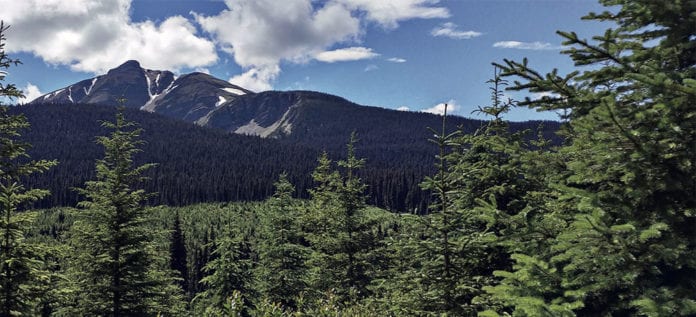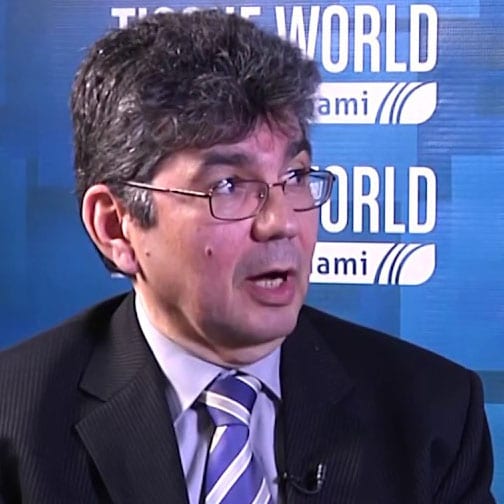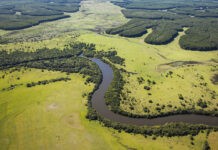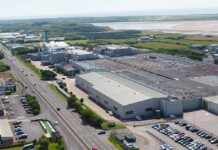

We have a vision to be a leader in the circular economy and have embarked on a major initiative that uses a clean, hydro- thermal reactor technology to produce bio-crude oil from forest residuals. Bio-crude can be used to produce fuels in conventional refineries. The growing, replanted forest will capture any carbon released by the bio-crude derived fuels thus reducing the overall carbon footprint of the fuel (relative to conventional fossil fuels).
Once commercialised, this innovative technology platform will displace some types of fossil fuels. The technology partners, Licella and Canfor Pulp, plan to integrate the bio-crude technology into the kraft mill operations as part of the pathway to reduce the carbon intensity of transportation fuels. This initiative is called Centree, and, once proven industrially, technology will be shared with other
kraft mills to magnify the environmental benefits. Tissue customers demand high quality products from NBSK pulps that are produced in a sustainable manner and with our pulps, tissue makers can get both of these attributes. The forests Canfor harvests today are replaced with natural, biodiverse forests, not plantations, to ensure fibre for our future. By committing to the circular economy though its establishment of Centree, the company’s mills will continue to reduce their carbon footprint.
This article was written for TWM by Paul Bicho, PhD, manager, optimisation and innovation, Canfor Pulp Innovation.
































